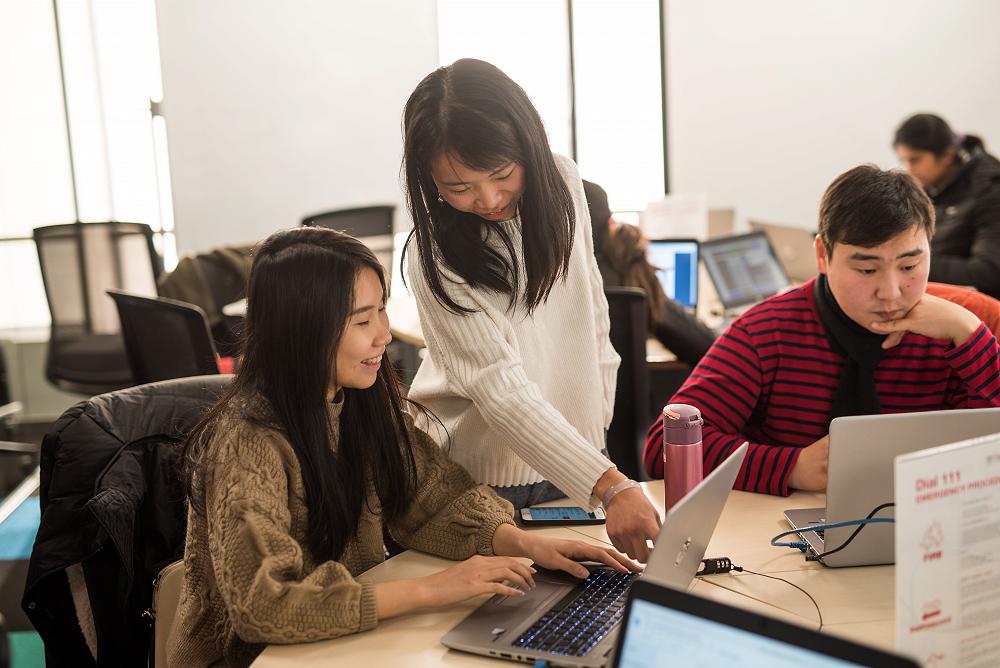
Relevant experiential learning
A recent study explored key concepts of experiential learning with lecturers.
Experiential learning is valued for engaging and motivating students in relevant activities through problem-solving. Bruno Balducci conducted semi-structured one-to-one interviews with 18 lecturers in four disciplines at our Auckland International Campus, to investigate how lecturers understand and use experiential learning in the classroom.
Participants each contributed an authentic learner activity, and were asked to clarify the nature of their activity. Of particular interest was the question of how it could be delivered online, as well as face-to-face. In each interview, the researcher and the participant looked at one activity together in sufficient detail in order to establish common ground in their understanding of experiential learning, and to agree on a working definition.
This procedure enabled the study to be partly framed within a constructivist paradigm where meaning is co-created and perceptions can be described in their subjectivity. Further questions were asked regarding what the participants considered to be the main challenges and benefits of experiential activities like the one discussed.
Special emphasis was placed on making student learning authentic and interactive. Authentic activities were
defined as i) set in a specific work-related context and ii) resembling tasks that would normally be performed
by professionals in that context. As for interactivity, this was taken to mean that learner activities can only be
completed by having students talking and/or writing to each other, whether in pairs, in small groups or in larger
teams.
A mixed-mode pragmatic approach was taken in order to provide both quantifiable data for identifying and comparing the more general views expressed, and qualitative data for a deeper understanding of experiential learning in practice. Answers to standard questions were coded and quantified, while the reasons given for these answers were also noted. The transcripts were then carefully studied for discourse analysis of their content in relation to student engagement and the four characteristics of experiential activities:
- they are hands-on;
- they relate to a context in the world of work;
- they require students to interact together; and
- they allow them to reflect on their experience.
The lecturer participants identified three barriers to implementation of experiential learning. The main barrier was complexity of role and workload, because of the time taken to design and plan activities. There were also several risks involved, for example that course objectives may not be achieved. A key benefit for the lecturers was increased student motivation.
They also considered the challenges and benefits for their students. Of particular significance were findings relating to authenticity and student interaction, where a lack of effective and naturalistic communication between students can have a serious impact on their development.
